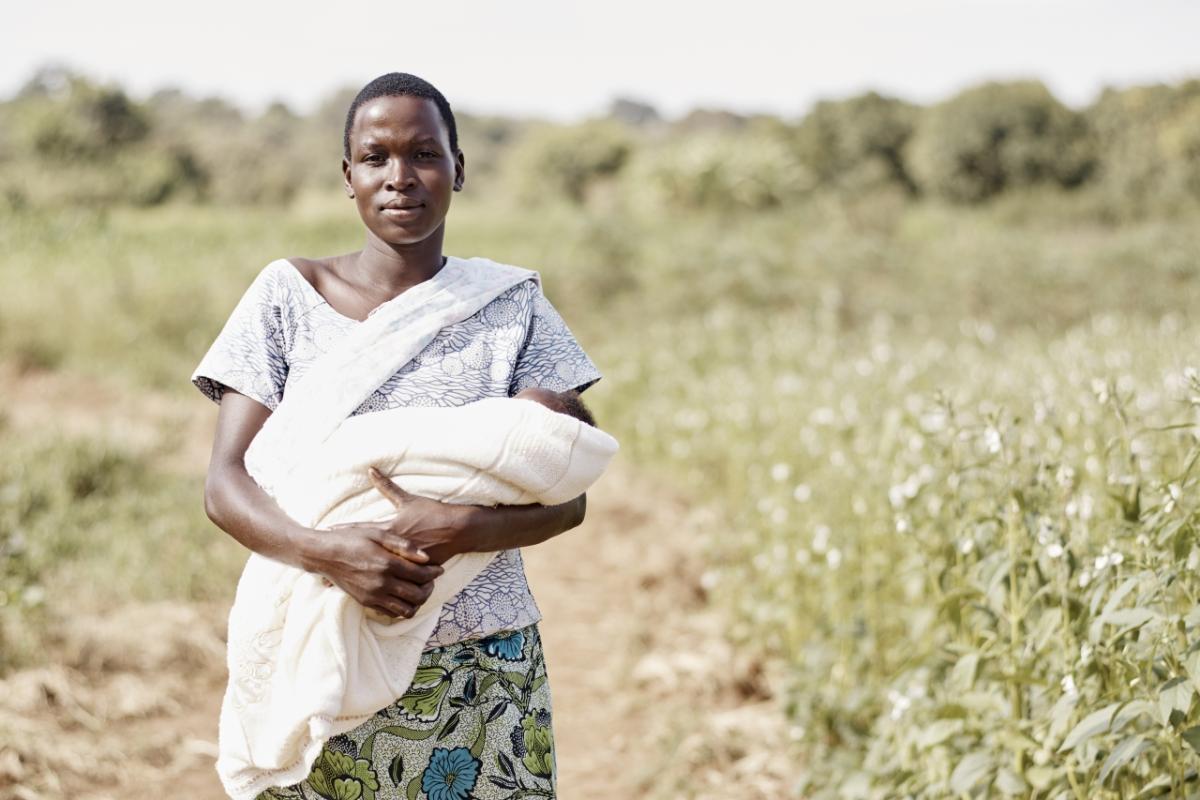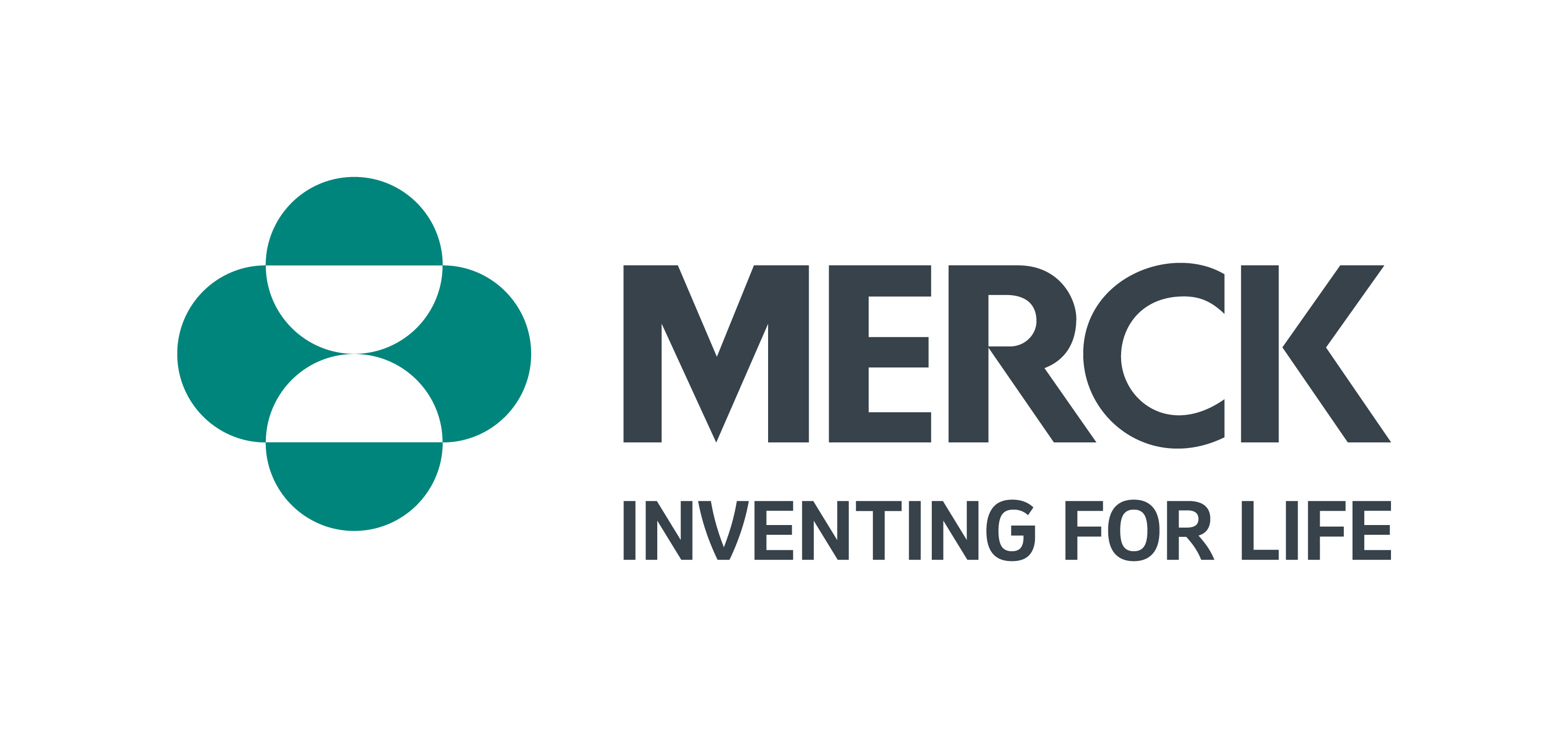Merck for Mothers Blog | Assessing and Addressing Maternal Sepsis
Read the latest blog post by Merck for Mothers guest authors Mercedes Bonet, a perinatal health epidemiologist at the World Health Organization and Vanessa Brizuela, a consultant at the World Health Organization

Every pregnant or recently pregnant woman is at risk of an infection that could trigger maternal sepsis. Sepsis is a life-threatening condition that occurs when the body’s response to infection causes injury to its own tissues and organs.
Despite it being one of the main causes of maternal death and leading to about 35,000 deaths every year, the true burden of maternal sepsis is presently unknown, due to a lack of data.
To address this, the World Health Organization (WHO) – with the support of Merck for Mothers – embarked on a multi-country study (known as the Global Maternal Sepsis Study, or “GLOSS”), which engaged 53 low-, middle- and high-income countries across all six WHO regions to assess the issue of maternal sepsis.
In order to better understand and help quantify why and how sepsis affects women, GLOSS recruited over 3,000 women with suspected or confirmed infection in over 600 participating facilities in late 2017. During this period, data was collected on how providers identified and managed maternal infections until women were discharged from the hospital. The new and potential identification criteria is being tested and validated in this large global study, with the goal of accelerating the reduction of avoidable deaths due to sepsis among mothers and babies. To learn more, you can read the released study protocol or visit the study website.
Since awareness is the first step to preventing maternal sepsis, an important component of the initiative has focused on empowering healthcare providers in the participating facilities to suspect, treat and prevent sepsis in women and newborns. A number of resources were developed to help them learn more about sepsis and the campaign, help them engage their communities, and equip their teams with the knowledge they need to identify and prevent maternal and neonatal sepsis in their facilities. In addition, through infographics, posters, and press releases over 1,000 people globally were engaged in the campaign, uniting to help raise awareness of sepsis and to ensure the issue receives the attention it needs to save women’s lives.
Voices from the field
- Implementation of the campaign changed the way the city’s providers acted. First, it helped in bridging the gap between academics and providers, which, in turn, helped motivate the entire staff around the study. The campaign helped us all feel more committed with the study. And, most importantly, it helped shed light on a problem (maternal sepsis) that we hadn’t made public before. (Cali, Colombia)
- In (our) facility there was already a protocol for sepsis early recognition, but the campaign, as well as the study made it come alive again. Sepsis was on everyone's eyes and mouths. The teams were very permeable to knowledge and eager to recognize and treat sepsis immediately. (Campinas, Brazil)
- Participation in the campaign allowed me to see that we can find cases of maternal sepsis in the most diverse locations in a facility. And that invariably the most complex cases were those resulting from a condition that was neglected or treated incorrectly/untimely. (Maputo, Mozambique)
- Despite having some protocols in place, during the campaign and study we realized that these were not sufficient to detect women with infection. This campaign was very important and helped us find a lot of cases that might have been missed otherwise (…) We are planning on improving reporting mechanisms of any suspected cases and supportive supervision and surveillance as a result of this study. (Ulaanbaatar, Mongolia)
- As a result of our participation in GLOSS, we actually committed as a Program in our 2017 Maternal Death Review Forum to eliminate maternal sepsis as a cause of maternal death. (Manila, Philippines)
The World Health Organization Global Maternal Sepsis Study (GLOSS) is a research project implemented by the WHO in a global network of health facilities between 2017 and 2018. This project is part of the WHO response to the Sepsis resolution adopted by the 70th World Health Assembly (2017). WHO is grateful to the extensive network of institutions and individuals who contributed to the project design and implementation, including researchers, study coordinators, data collectors, data clerks, and other partners including the staff from the Ministries of Health and WHO offices, and to women who participated in the study.
This study was funded by UNDP/UNFPA/UNICEF/WHO/World Bank Special Programme of Research, Development and Research Training in Human Reproduction (HRP), Department of Reproductive Health and Research, World Health Organization, Geneva, Switzerland (project A65787), Merck through its Merck for Mothers program, and the United States Agency for International Development (USAID). The views of the funding bodies have not influenced the content of the study or the protocol.
The views expressed in this blog post are solely those of the author and do not represent the official views of Merck.
Mercedes Bonet is a perinatal health epidemiologist based in Department of Reproductive Health and Research at the World Health Organization (Geneva, Switzerland). She has extensive experience in global health, with a particular interest on improving the health and well-being of mothers and newborns through research on evidence-based medical practices in the continuum of pregnancy, childbirth and the postpartum period. She has developed her work at the international level around maternal and neonatal infections, care during childbirth, breastfeeding practices, and very premature babies. She is currently leading a global study to assess the burden and management of potential severe maternal infections and maternal sepsis at health care facilities.
Vanessa Brizuela is a consultant at WHO, leading the awareness campaign for the global maternal sepsis study. She has extensive experience in global sexual and reproductive health, including maternal health. She is a doctor of public health (degree to be conferred in May 2018), with a master’s degree in health education and a licensure in psychology.

